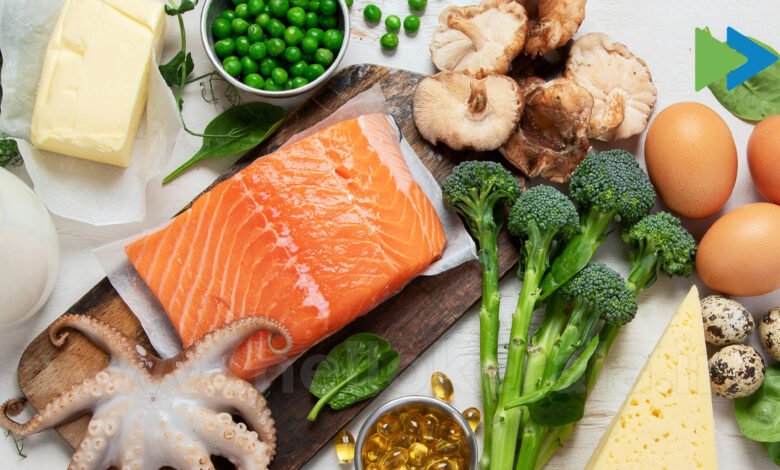
Vitamin D is an essential nutrient that plays a crucial role in maintaining our overall health. It is responsible for promoting strong bones, supporting our immune system, and regulating cell growth and function. While our bodies can produce vitamin D when exposed to sunlight, it can also be obtained through certain foods and supplements. In this article, we will explore the best sources of vitamin D and how to incorporate them into our diet.
Fatty Fish
Fatty fish, such as salmon, trout, and mackerel, are excellent sources of vitamin D. These fish contain high levels of the vitamin because they accumulate it from the foods they eat. Just a 3-ounce serving of cooked salmon provides about 450 international units (IU) of vitamin D, which is more than the recommended daily intake for most adults. Including fatty fish in our diet at least twice a week can help ensure we are getting enough vitamin D.
Eggs
Eggs are a versatile and affordable source of vitamin D. They contain the vitamin in the yolk, so it is important to consume the whole egg to reap the benefits. One large egg provides approximately 44 IU of vitamin D. Incorporating eggs into our meals, whether it’s in omelets, scrambled eggs, or as a topping for salads, can help increase our vitamin D intake.
Mushrooms
Mushrooms are unique because they are one of the few plant-based sources of vitamin D. Like humans, mushrooms have the ability to produce vitamin D when exposed to sunlight. However, commercially grown mushrooms are often grown in the dark and may not have significant amounts of vitamin D. To increase their vitamin D content, some manufacturers expose mushrooms to ultraviolet light. These fortified mushrooms can provide a good amount of vitamin D and are a great option for vegetarians and vegans.
Fortified Foods
Many foods, such as milk, orange juice, and cereal, are fortified with vitamin D. This means that the vitamin is added to the food during processing to increase its nutritional value. Checking food labels can help identify which products are fortified with vitamin D. Fortified foods can be a convenient way to ensure we are meeting our daily vitamin D needs, especially for those who have limited sun exposure or dietary restrictions.
Supplements
In addition to natural food sources, vitamin D supplements can also be an effective way to meet our daily requirements. These supplements come in various forms, including capsules, tablets, and liquid drops. It is important to consult with a healthcare professional before starting any new supplement regimen to determine the appropriate dosage for our individual needs.
Conclusion
Vitamin D is an essential nutrient that is important for our overall health and well-being. While sunlight is a natural source of vitamin D, it is not always feasible to rely solely on sun exposure. Incorporating foods rich in vitamin D, such as fatty fish, eggs, mushrooms, and fortified foods, into our diet can help ensure we are getting enough of this vital nutrient. Additionally, supplements can be a convenient option for those who may have difficulty obtaining sufficient vitamin D through diet alone. Prioritizing our vitamin D intake can contribute to maintaining strong bones, a healthy immune system, and optimal cell function.






